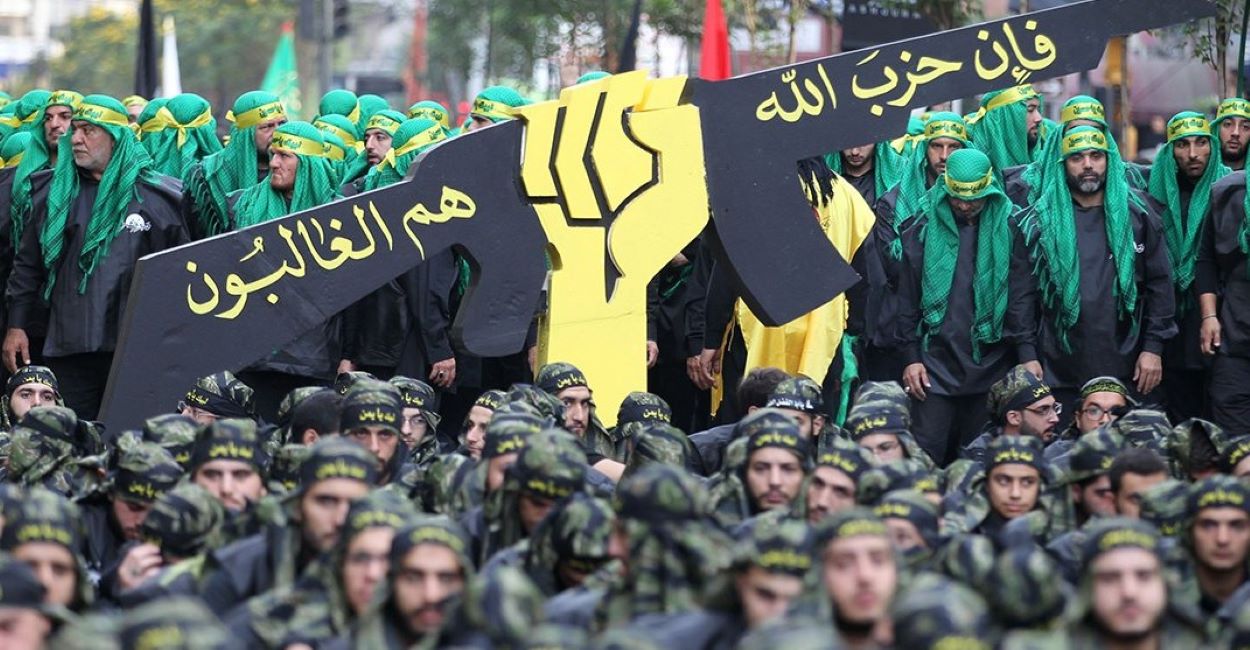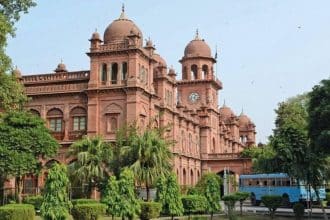Hezbollah continued its retaliatory strikes on Israel on Saturday despite the Israeli strike that killed Hezbollah commander Taleb Abdallah in the village of Jouaiyya on Tuesday. The Israeli army described Abdallah as a senior commander in southern Lebanon.
On Saturday, Hezbollah targeted the Meron base in northern Israel with guided missiles and sent attack drones to another base. This was a response to the recent assassination.
The Israeli army reported that two projectiles were launched from Lebanon toward the IDF Aerial Control Unit in Meron, but no injuries or damage occurred. Additionally, Israel identified several aerial targets from Lebanon and engaged them in the Goren area, causing a fire but no casualties.
The Israeli military also conducted strikes in south Lebanon’s Aitarun area, targeting a Hezbollah member and using artillery to neutralize a perceived threat.
Furthermore, the armed wing of the Palestinian group Islamic Jihad reported that one of its fighters was killed in south Lebanon on the same day.
Two UN officials, including Jeanine Hennis-Plasschaert, the UN special coordinator for Lebanon, and Aroldo Lazaro, head of the UN Interim Force in Lebanon (UNIFIL), expressed deep concern about the escalating conflict. They warned of the real risk of a miscalculation leading to a broader conflict and called for a ceasefire and a political resolution.
During a funeral on Wednesday, a top Hezbollah official, Hashem Safieddine, promised to intensify the group’s attacks in response to the killing of Abdallah, whom a Lebanese military source described as a significant figure in Hezbollah since the war began.
According to an AFP report, the ongoing violence has resulted in at least 471 fatalities in Lebanon, including both fighters and 91 civilians. In Israel, the conflict has claimed the lives of at least 15 soldiers and 11 civilians.






